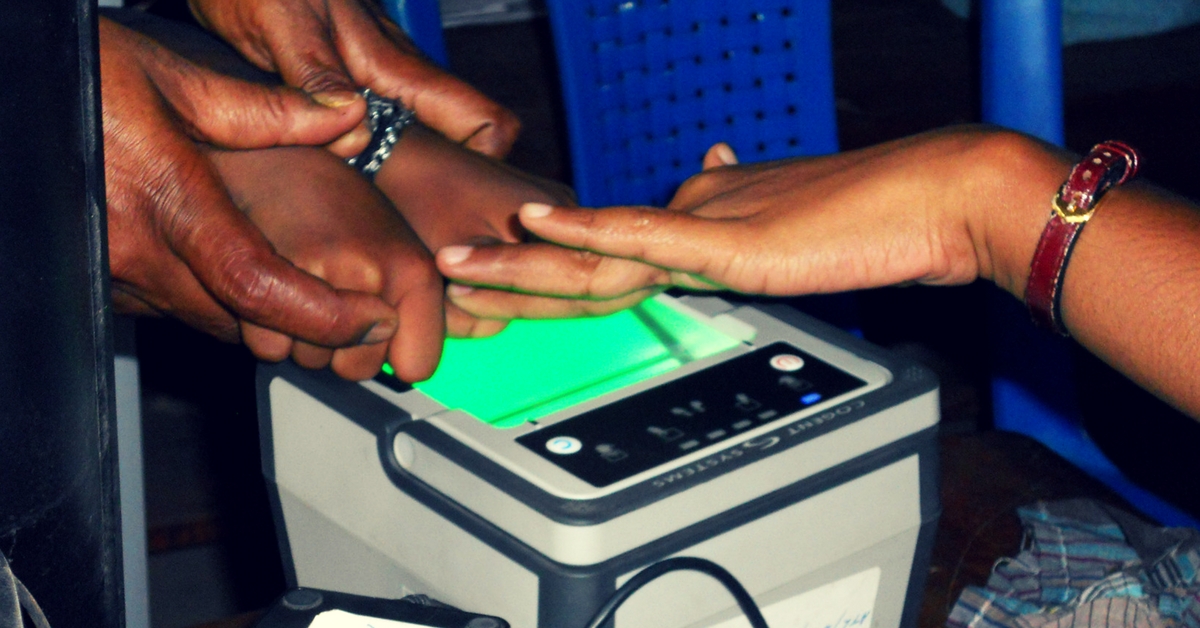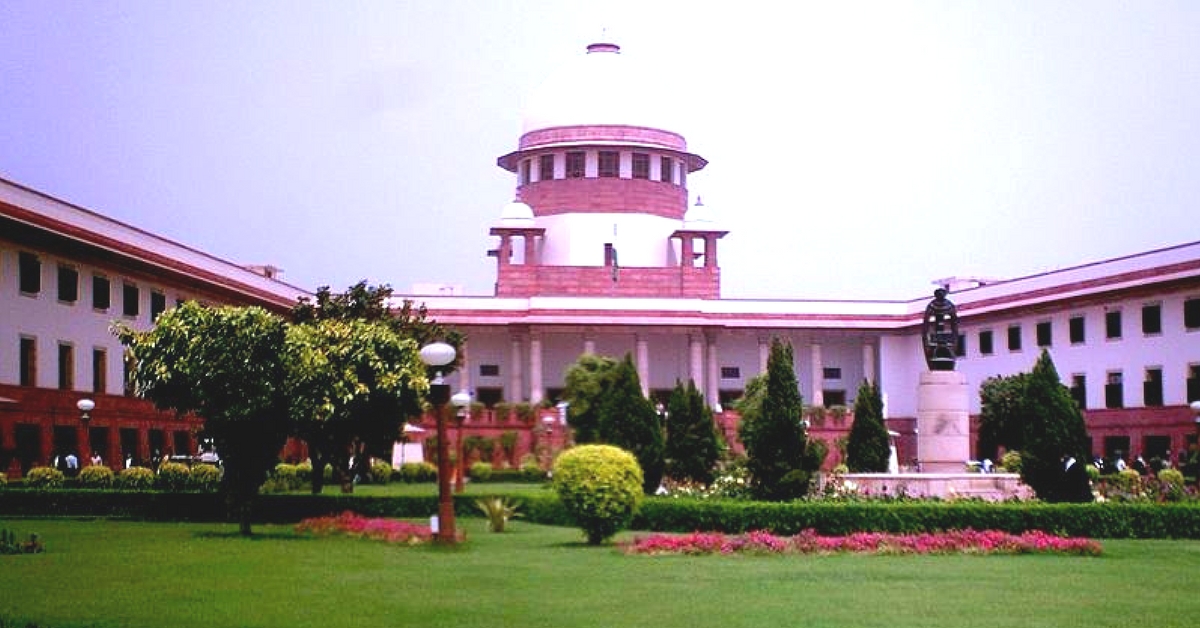The judiciary is said to be the upholder of our Constitution and 2017 in many ways was quite an active year for it, as it delivered some with some path-breaking judgements—cheaper cancer drugs, curbing the sale of acid, and right to privacy, among others.
Helmed by Chief Justice Dipak Misra, who is India’s 45th Chief Justice, we look at some of the important cases that will be heard, and hopefully decided in 2018.
1. Euthanasia
In 2005, Common Cause, an NGO approached the Apex Court with a request to constitute an expert committee which would include doctors, social scientists and lawyers, to study the aspect of issuing guidelines enabling the people to execute Living Wills in India.
The dictionary defines a living will as “a written statement detailing a person’s desires regarding future medical treatment in circumstances in which they are no longer able to express informed consent, especially an advance directive.”
A five-judge constitution bench, headed by Chief Justice Dipak Misra, was hearing the petition seeking that a person suffering from terminal illness should be allowed to execute their ‘living will’ indicating that they should not be kept on life support system in case there is no hope for a cure.
The NGO argued that the right to die peacefully was part of the right to life guaranteed under Article 21 of the Constitution.
2. Constitutional validity of Aadhaar card
We have all been getting messages and emails urging us to link our Aadhaar card with our bank accounts, phone numbers and almost all other services. However, the latest update is that an extension has been granted until March 2018. The hearing in this matter is scheduled to commence on January 18th, 2018.
The petitioners, in this case, contended that the biometric data and iris scans that were being collected for the issuance of Aadhaar card, violated the right to privacy of the citizens, as personal data was not protected, and was vulnerable to exposure and misuse.

It was also argued that Aadhaar card is an invasion of privacy and a terrible violation of fundamental human rights. The outcome of this case is also likely to set the tone for many other allied issues.
3. Babri Masjid case
It has been 25 years since the demolition of the Babri Masjid in Ayodhya. A day before the 25th year, on December 5th, 2017, the Supreme Court bench headed by Chief Justice Dipak Misra rejected a request by some pro-Masjid individuals, Sunni Wakf Board, and Babri Masjid Action Committee to defer the hearing to post-July 2019 and fixed the hearing for February 8, 2018.
In 2010, a three-bench judge of the Allahabad High Court passed an order in the Ayodhya Babri Masjid case. In a 2:1 majority ruling, the bench said the land was to be partitioned equally among three parties — the Sunni Waqf Board, the Nirmohi Akhara and Ram Lalla.
You may also like: #MeToo, Hadiya, Triple Talaq: How 2017 was An Important Year For Indian Feminism
As reported in Firstpost, a group of civil rights activists recently moved the apex court seeking intervention in the Ayodhya dispute and urged it to consider the issue saying it is not just a dispute over property but has several other aspects, which would have far-reaching effects on the “secular fabric of the country.”
4. Hadiya case
Much has been written about the Hadiya case also known as the ‘Love Jihad’ case. The practice wherein vulnerable Hindu women are allegedly lured by Muslim men who are agents of terrorist groups into converting to Islam is what is being referred to as love jihad.
Acting upon a petition filed by Hadiya, a.k.a. Akhila Ashokan’s father, the marriage between Shafin Jahan and Hadiya was annulled by the Kerala High Court.
In August 2017, the Supreme Court ordered a probe by the National Investigation Agency. On November 27, in a major development in Hadiya case, the Supreme Court freed her from her parents who, according to her, had kept her in “unlawful custody” for 11 months. The court was acting on a petition filed by her “husband” Shafin Jahan who challenged the Kerala High Court order, which annulled the marriage and gave her custody to her father.
Whether or not Hadiya’s rights will be upheld is what we will have to wait and watch. The next hearing is scheduled to be in the third week of February.
5. Nirbhaya review petition
December 16, 2017, marked five years since the gruesome rape of a paramedical student in Delhi. Of the six rapists, one was juvenile who was sentenced for three years at a probation home. The second prime accused, Ram Singh, was found hanging in his cell at Delhi’s Tihar jail three months after his arrest. The Delhi High Court sentenced the remaining four convicts to death on September 13, 2013. The Supreme Court upheld the sentence in May 2017.
On December 12, a three-judge special bench headed by Chief Justice Dipak Misra began a detailed hearing of the review petition filed by the four death row convicts. While arguments for one convict was concluded, the review plea of remaining three convicts Vinay, Akshay, and Pawan will be heard on January 22, 2018.
Like this story? Or have something to share?
Write to us: contact@thebetterindia.com
Connect with us on Facebook and Twitter.
NEW: Click here to get positive news on WhatsApp!
We bring stories straight from the heart of India, to inspire millions and create a wave of impact. Our positive movement is growing bigger everyday, and we would love for you to join it.
Please contribute whatever you can, every little penny helps our team in bringing you more stories that support dreams and spread hope.

